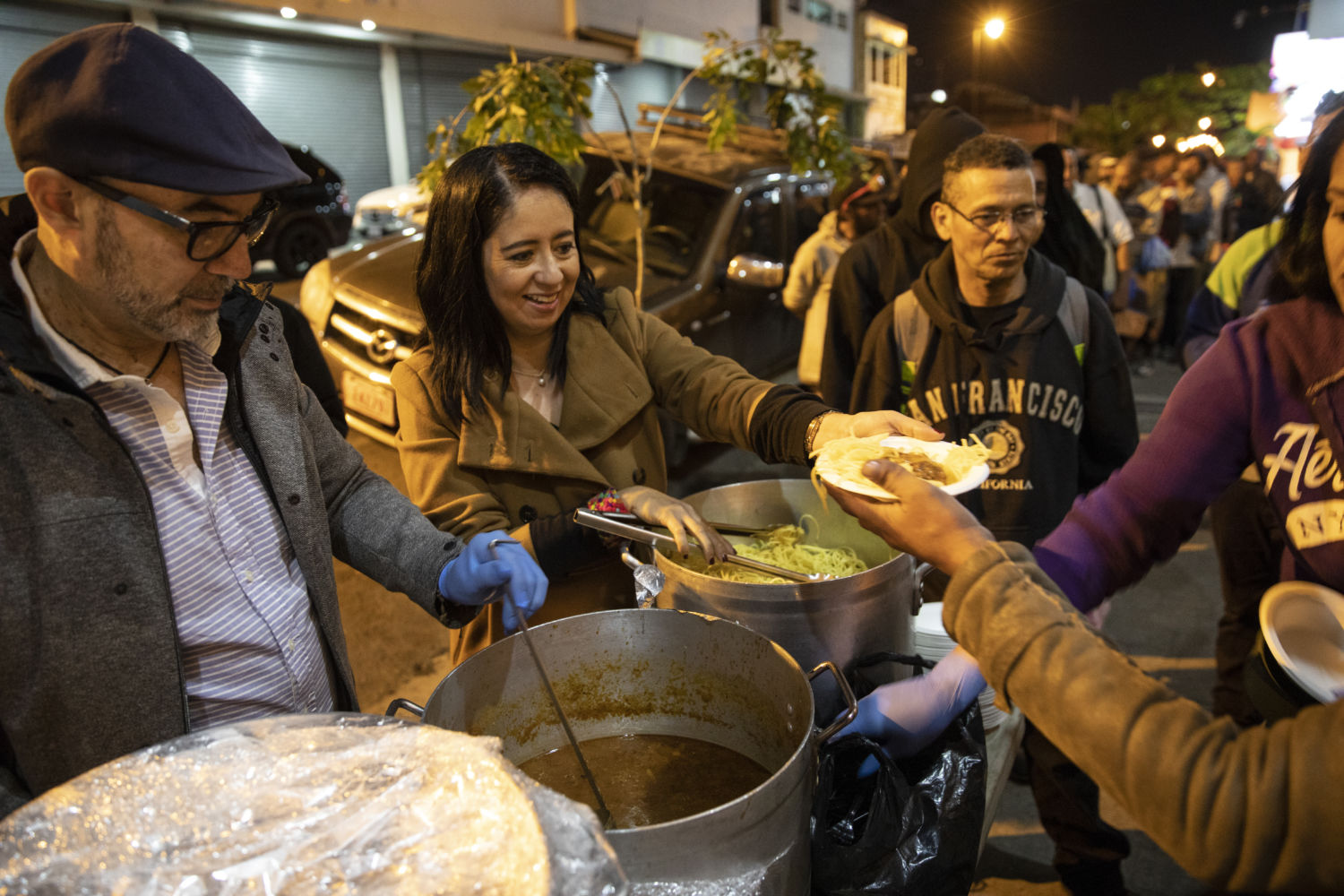Many restaurants still remain closed or constrained due to COVID-19 and the corresponding lockdowns, spurring renewed appreciation for the contributions that such businesses make. Yet in addition to reminding us of the humanizing aspect and social value of these businesses, the lockdowns have also highlighted the vulnerability of local enterprise in the face of onerous rules and regulations.
Whatever one thinks about the prudence of the restrictions in this particular crisis, the disruption and destruction we’ve seen ought to stir plenty of serious reflection about the risks and dangers of top-down tinkering—as well as the enduring promise of economic freedom.
A recent Atlas Network profile of Costa Rica Beer Factory, a San José, Costa Rica-based restaurant and brewery, brings these lessons into focus. While their story took place before the current pandemic, it still serves to demonstrate all that government restrictions can inhibit, and all that’s possible if we simply allow enterprises to freely set about meeting human needs.
Fortunately, this was about to change. According to Atlas, “IDEAS led a widespread effort to remove barriers to doing business, and their success at improving access to credit has had an enormous impact on small businesses.” As a result, CRBF now has “four restaurants, a brewery, a small distributorship, and an event venue that hosts craft beer fests and other cultural events.”
Such success isn’t just tied to more jobs and increased profits for this one enterprise. Along with several other companies, CRBF’s growth served to kick-start wider economic and cultural development throughout the Barrio Escalante neighborhood, which, since the brewery’s inception, has grown from having only six restaurants to more than 100. “The area grew to become a cultural and artistic center,” explains Loria. “These are benefits of innovation, and the growth cycles have spread to nearby areas. This is the kind of dynamic that helps countries escape poverty.”
Further, since CRBF’s growth and expansion, it has made a point of using its new resources to meet targeted needs outside of its typical business dealings. Every Thursday, its team hosts what it calls “Foundation Day,” distributing food throughout a distressed neighborhood. According to the Atlas Network:
The CRBF team sets up a street kitchen, feeding the homeless and needy in what many in Costa Rica call the roughest neighborhood in the country. Distributing food is often a frantic process for the Zuluaga family and their team, but “Foundation Day,” as they call the weekly gathering, is certainly a rewarding experience as they give back to their community by serving hundreds of meals to people in need. …
The hard work by Mónica, Jaime, and the entire Zuluaga family is an example of how a small business can flourish when barriers are eliminated and entrepreneurs are given the tools to succeed. And with an ever-growing platform, the Zuluaga family is making the most out of their success by uplifting the communities that need it the most—and inspiring other small businesses to prevail.
CRBF’s initial challenges were tied to lack of access to credit and very specific barriers to entry. These may not be the predominant issues or challenges in our present situation in the United States, but its story still provides plenty to ponder, particularly on the road to economic recovery that lies ahead.
Our focus is currently consumed by the public-health risks and economic challenges of reopening dine-in service at 50% capacity. But in addition to these, we should be prepared for the age-old pressures of top-down interference to continue well after the pandemic stabilizes. Indeed, this is precisely how many progressives are choosing to interpret the COVID-19 moment: as an opportunity for expanding their long-hailed policy goals and battles for price controls and minimum wage increases.
Cities like Seattle and states like California and New York have already adopted such schemes, and places like San Francisco have already seen the collateral damage. (“Upward of 60 restaurants” had closed in a five-month period, according to the East Bay Times.) All of this was self-inflicted well before the pressures of an external pandemic. While fueling innovation and paving a return to normalcy would seem to be the current goal, we should not underestimate the enduring pressures of top-down controls and constraints. If it was hard enough for restaurants to survive these controls before, how hard might entrepreneurship be in our “new normal”?
Yet while CRBF’s story surely inspires caution about what such controls might prevent or inhibit, its grander, more powerful message is one that about the resiliency of private enterprise and its abounding potential to meet community needs in new and surprising ways—a feature that can also be applied in our moment of crisis.
By removing barriers to businesses and freeing them up to meet needs in new and surprising ways, we don’t just get back to daily living; we get back to creating, multiplying, and expanding—to feeding bellies, yes, but also to collaborating, giving, and renewing communities.
(Photo credit: AtlasNetwork.org / Rodrigo Abd. Used with permission.)

